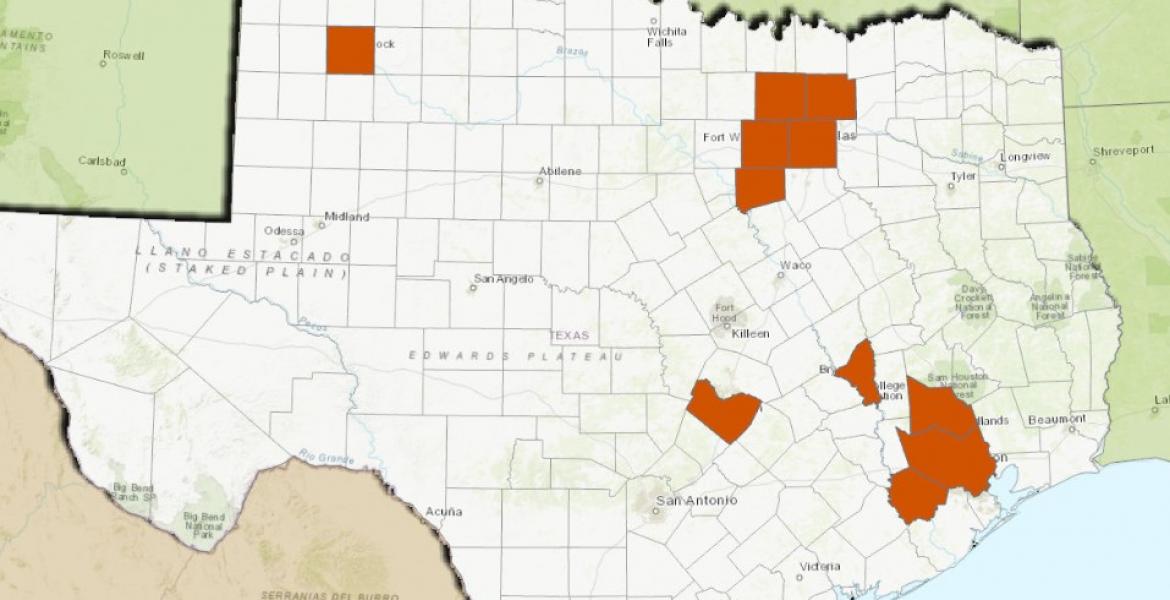AUSTIN, TX -- As the prospect of having access to a widespread COVID-19 vaccine becomes a reality, Governor Greg Abbott has outlined the distribution plan for Texas.
The vaccine is expected to be available as early as next month so the Expert Vaccine Allocation Panel (EVAP), created by DSHS, has made recommendations on vaccine allocation.
Texas will initially allocate COVID-19 vaccines based on the following criteria:
- Protecting health care workers who fill a critical role in caring for and preserving the lives of COVID-19 patients and maintaining the health care infrastructure for all who need it.
- Protecting frontline workers who are at greater risk of contracting COVID-19 due to the nature of their work providing critical services and preserving the economy.
- Protecting vulnerable populations who are at greater risk of severe disease and death if they contract COVID-19.
- Mitigating health inequities due to factors such as demographics, poverty, insurance status, and geography.
- Data-driven allocations using the best available scientific evidence and epidemiology at the time, allowing for flexibility for local conditions.
- Geographic diversity through a balanced approach that considers access in urban and rural communities and in affected ZIP codes.
- Transparency through sharing allocations with the public and seeking public feedback.
"These guiding principles established by the Expert Vaccine Allocation Panel will ensure that the State of Texas swiftly distributes the COVID-19 vaccine to Texans who voluntarily choose to be immunized," said Governor Abbott. "This foundation for the allocation process will help us mitigate the spread of COVID-19 in our communities, protect the most vulnerable Texans, and safeguard crucial state resources."
EVAP and Commissioner of Health, John Hellerstedt, have approved a plan that would allow healthcare workers who provide direct care for COVID-19 patients and other vulnerable residents, to be the first group to receive the vaccine.
The initiative would include frontline workers in the following areas:
- staff at hospitals and long-term care facilities
- emergency medical services
- home health care workers.
As part of its ongoing work, EVAP will make recommendations on how and when to roll out vaccines to other critical groups.
Subscribe to the LIVE! Daily
Required






Post a comment to this article here: